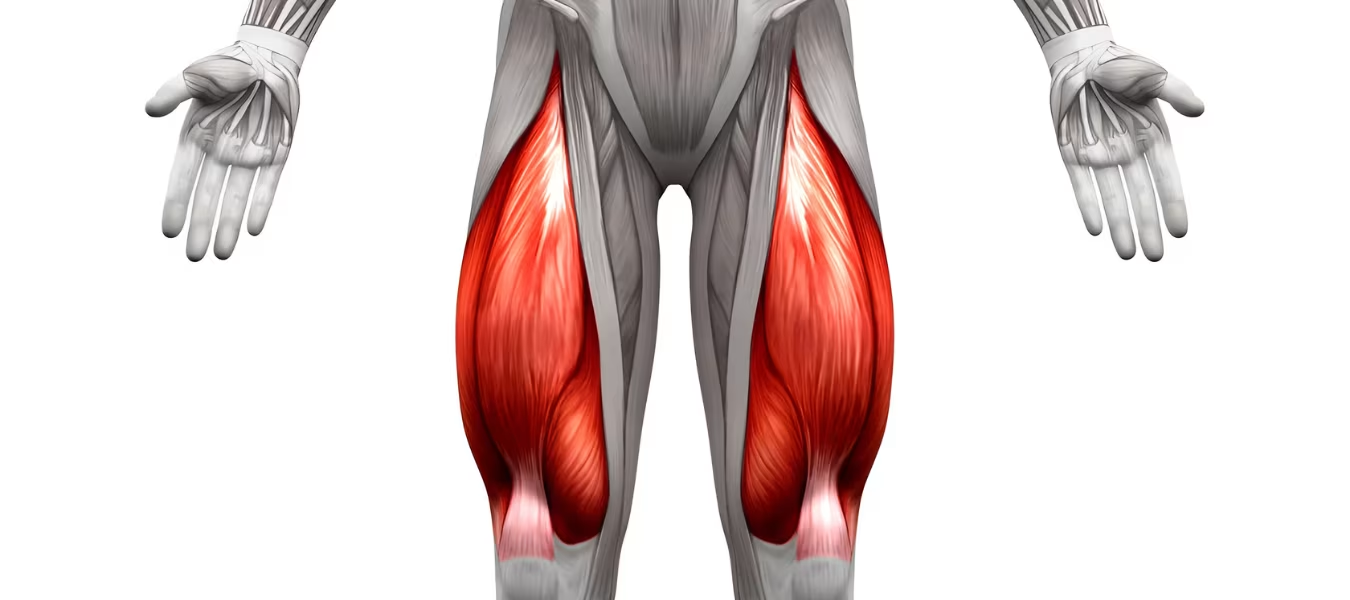

Purpose:
To examine the effects of flywheel Bulgarian squats across 8 weeks on quadriceps function (rate of force development (RFD), maximum voluntary isometric contraction (MVIC) and central activation ratio (CAR)) on athletes that are rehabbing an ACL reconstruction.
Methods:
11 collegiate athletes with unilateral ACL reconstruction (≥ 6 months post-op) participated in this study. The training intervention consisted of one set of flywheel Bulgarian split squats to exhaustion on their injured leg only, 2 times per week for 8 weeks. The initial loading (week 1) for females was .025 kg m2 and .05 kg m2 for males. Load increased by .025 kg m2 in the proceeding session if the athletes were able to successfully complete 20 “strong” repetitions. RFD0–50 ms, RFD0–150 ms, MVIC, and CAR were measured bilaterally on a custom-made leg extension machine the week before and after the intervention.
Results:
There was a significant improvement in both RFD0–50 ms and RFD0–150 ms in the injured limb (30.6% and 20.6%, respectively). In addition, the between-leg difference (injured vs uninjured leg) in MVIC was significantly reduced.
Key Takeaways: